- 245 Posts
- 27 Comments
- @0x815@feddit.org to
 English
English - •
- www.bbc.com
- •
- 12h
- •
- @0x815@feddit.org to
 English
English - •
- www.bestit.wang
- •
- 13h
- •
- @0x815@feddit.org to
 English
English - •
- www.euronews.com
- •
- 1d
- •
- @0x815@feddit.org to
 English
English - •
- www.telegraph.co.uk
- •
- 2d
- •
- @0x815@feddit.org to
 English
English - •
- www.themoscowtimes.com
- •
- 2d
- •
- @0x815@feddit.org to
 English
English - •
- meduza.io
- •
- 2d
- •
- @0x815@feddit.org to
 English
English - •
- apnews.com
- •
- 2d
- •
- @0x815@feddit.org to
 English
English - •
- www.taipeitimes.com
- •
- 2d
- •
- @0x815@feddit.org to
 English
English - •
- muse.jhu.edu
- •
- 2d
- •
- @0x815@feddit.org to
 English
English - •
- theconversation.com
- •
- 3d
- •
- @0x815@feddit.org to
 English
English - •
- www.taipeitimes.com
- •
- 3d
- •
- @0x815@feddit.org to
 English
English - •
- tfc-taiwan.org.tw
- •
- 4d
- •
- @0x815@feddit.org to
 English
English - •
- www.bbc.com
- •
- 4d
- •
- @0x815@feddit.org to
 English
English - •
- www.theguardian.com
- •
- 4d
- •
- @0x815@feddit.org to
 English
English - •
- www.marketscreener.com
- •
- 4d
- •
- @0x815@feddit.org to
 English
English - •
- www.theregister.com
- •
- 5d
- •
- @0x815@feddit.org to
 English
English - •
- restofworld.org
- •
- 6d
- •
- @0x815@feddit.org to
 English
English - •
- www.bbc.com
- •
- 6d
- •
- @0x815@feddit.org to
 English
English - •
- www.irishtimes.com
- •
- 8d
- •
- @0x815@feddit.org to
 English
English - •
- www.dw.com
- •
- 8d
- •
- @0x815@feddit.org to
 English
English - •
- english.elpais.com
- •
- 8d
- •
- @0x815@feddit.org to
 English
English - •
- www.dw.com
- •
- 8d
- •
- @0x815@feddit.org to
 English
English - •
- www.bbc.com
- •
- 9d
- •
- @0x815@feddit.org to
 English
English - •
- www.newindianexpress.com
- •
- 9d
- •
- @0x815@feddit.org to
 English
English - •
- www.aspistrategist.org.au
- •
- 10d
- •
- @0x815@feddit.org to
 English
English - •
- ooni.org
- •
- 10d
- •
- @0x815@feddit.org to
 English
English - •
- 11d
- •
- @0x815@feddit.org to
 English
English - •
- chinamediaproject.org
- •
- 11d
- •
- @0x815@feddit.org to
 English
English - •
- www.bbc.com
- •
- 11d
- •
- @0x815@feddit.org to
 English
English - •
- www.reuters.com
- •
- 11d
- •
- @0x815@feddit.org to
 English
English - •
- chinamediaproject.org
- •
- 11d
- •
- @0x815@feddit.org to
- •
- www.cbc.ca
- •
- 12d
- •
- @0x815@feddit.org to
 English
English - •
- www.theregister.com
- •
- 12d
- •
- @0x815@feddit.org to
 English
English - •
- apnews.com
- •
- 12d
- •
- @0x815@feddit.org to
 English
English - •
- www.bbc.com
- •
- 13d
- •
- @0x815@feddit.org to
 English
English - •
- www.phayul.com
- •
- 17d
- •
- @0x815@feddit.org to
 English
English - •
- www.theengineer.co.uk
- •
- 17d
- •
- @0x815@feddit.org to
 English
English - •
- www.bbc.com
- •
- 18d
- •
- @0x815@feddit.org to
 English
English - •
- www.spectator.co.uk
- •
- 18d
- •
- @0x815@feddit.org to
 English
English - •
- www.barrons.com
- •
- 19d
- •

As an addition:
-
In 2015, two years after kicking off its massive Belt and Road initiative, China launched its “Digital Silk Road” project to expand access to digital infrastructure such as submarine cables, satellites, 5G connectivity, etc. In a report published this year, the UK-based human rights group ‘Article 19’ argues that the project is about more than just expanding access to Chinese technology, but rather to export its brand of digital authoritarianism across the word. Here is a brief article about it where you can also download the 80-page report (April 2024): China: The rise of digital repression in the Indo-Pacific – (Archived link)
-
There is also an interesting first-hand research about how Chinese people cope with constant surveillance in their country by Canadian researcher Professor Ariane Ollier-Malaterre (March 2024): Digital surveillance is omnipresent in China. Here’s how citizens are coping (in French: La surveillance numérique est omniprésente en Chine. Voici comment les citoyens y font face)

I don’t know the reason for the prompt in this particular case, of course, but there is a persistent form of racism in China, namely the prejudice that the Han Chinese are more advanced than other cultures inside and outside of China. Some experts say this view is even promoted by the government’s propaganda.
There is also a good video by a foreigner living in China (19 min): CHINA: RACISM: China’s Ugly, Disturbing yet Open Secret — (archived link).
Last year, Human Rights Watch urged the Chinese government to combat anti-black racism on Chinese social media.
[Edit typo.]

There is a good article by the China Media Project from April 2024 about the Chinese Communist Party’s AI policy:
Tracking Control: Bringing AI to the Party — [Archived link]
China’s release this week of new draft rules governing the generation of AI content, coming just months after the launch of ChatGPT, might give the impression leaders are scrambling to catch up. But for years now, the Chinese Communist Party has planned to power up AI innovations — even as it contains them.

Corrected. Sorry, and thanks @masterspace@lemmy.ca

ICC’s Karim Khan announces arrest warrant application for Israeli and Hamas leaders
[Regarding Israel, the arrest warrants so far go against Prime Minister Benjamin Netanyahu and Defence Minister Yoav Gallant.]

Just stumbled upon this on social media as a message to democratic countries:

In a video posted on Xitter, a Russian soldier who defected to Ukraine says his unit were using Elon Musk’s Starlink satellite internet via an IP address in Latvia. They were paying for the subscription over Telegram.

What happens in Xinjiang is as disgusting and inhuman as is what happens in Gaza, and so is this whataboutism that is still widespread here.
Just one among many examples is this post: https://lemmy.ml/post/18948648 with the title: “English-language Wikipedia editors concluded: Israel committing genocide in Gaza”
At the time of this writing, there are 69 comments to this post, but none of them is mentioning the genocide in China, no whataboutism. Why not here?
And the whole ‘story’ is based on a Wikipedia entry, you know, the same Wikipedia that is criticized in the .ml communities for its bad quality seems to be good enough here. Why?

Elon Musk Urges To Free Telegram Chief Pavel Durov After His Arrest In Paris — (Archived link)
The Telegram chief executive, Pavel Durov, was arrested by the French Police in Paris this morning, and the X owner, Elon Musk, has reacted to his arrest. Musk shared a snippet from one of Durov’s interviews where he was talking about X. While sharing this snippet, Musk wrote, “#FreePavel.” […]
According to Russia’s TASS state news agency, the Russian embassy in France is taking “immediate steps” to clarify this situation […]
By operating from the United Arab Emirates, Telegram has managed to avoid the content moderation laws that Western countries are imposing on major platforms to combat illegal content.

Imprisoned Iranian Nobel Peace Laureate Narges Mohammadi Denied Urgent Medical Treatment — (Archived)
The Islamic Republic of Iran is deliberately withholding critical medical care from renowned Nobel Peace laureate Narges Mohammadi, who is unjustly imprisoned in Tehran’s infamous Evin Prison for her courageous and peaceful human rights advocacy.
Mohammadi is suffering from serious cardiac issues, long-standing gastrointestinal disorders, and most recently, painful spinal injuries. Iran’s prison authorities have not allowed her to receive full or proper treatment for any of these medical issues.
“Iranian authorities are not only unlawfully depriving a Nobel Peace laureate of her freedom but also jeopardizing her life by denying her essential medical care. Narges Mohammadi’s deteriorating condition underscores the Islamic Republic’s brutal and lawless treatment of human rights defenders,” said Hadi Ghaemi, executive director of the Center for Human Rights in Iran (CHRI).

@technocrit@technocrit@lemmy.dbzer0.com
Ok… But what about the zios doing the same thing in support of genocide?
‘Whataboutism, the rhetorical practice of responding to an accusation or difficult question by making a counteraccusation, by asking a different but related question, or by raising a different issue altogether. Whataboutism often serves to reduce the perceived plausibility or seriousness of the original accusation or question by suggesting that the person advancing it is hypocritical or that the responder’s misbehavior is not unique or unprecedented. Acts of whataboutism typically begin with rhetorical questions of the form “What about…?”’

Between Chinese Surveillance and Israeli Settler Colonialism
There are extensive economic ties between China and Israel. China is Israel’s second-largest trading partner globally and takes the lead in Asia. The Belt and Road initiative has significantly catalyzed China-Israel cooperation. Major Chinese companies like China Railway Engineering Corporation, China Ocean Shipping Company, Huawei, China National Chemical Corporation, and ZTE Corporation are actively investing in Israel, while others such as Huawei, Xiaomi, Lenovo, Geely, and SAIC Motor have set up research and development centers in Israel.
Specifically for Huawei, it acquired two Israeli technology innovation companies, HexaTier and Toganetworks, in 2016 for $42 million and $150 million, respectively. In the electric vehicle industry, in 2022 and 2023, the share of Chinese brands in the Israeli electric car market exceeded 50 percent and 60 percent respectively.
Chinese car sales outlets abound in Israel, represented by companies like BYD, Geely, Hongqi, SAIC Motor, Chery, and Hozon Auto. In the field of infrastructure, in 2021, the Chinese company Pan-Mediterranean Engineering Company (PMEC) constructed the Ashdod Port in southern Israel. China State Construction Engineering Corporation constructed Haifa New Port Terminal, a vital node port of the Belt and Road, and the first time that Chinese enterprises exported “smart port” technology and management to a developed country.
China Railway Engineering Corporation led the construction of the Red Line in Tel Aviv, the first light rail project constructed by a Chinese enterprise in the high-end market of a developed country. The current cooperation between China and Israel involves ports, subways, highways, tunnels and other fields, and the amount of cooperation reaches billions of dollars.

From the Encyclopedia Britannica:
Whataboutism, the rhetorical practice of responding to an accusation or difficult question by making a counteraccusation, by asking a different but related question, or by raising a different issue altogether. Whataboutism often serves to reduce the perceived plausibility or seriousness of the original accusation or question by suggesting that the person advancing it is hypocritical or that the responder’s misbehavior is not unique or unprecedented.

An addition:
Chinese border guards are putting a surveillance app on tourists’ phones (2019)
The spyware: Traders, tourists, and other people crossing the land border from central Asia into Xinjiang are being asked to hand over their phones. Border guards are then loading an app known as Fengcai onto them. This sucks up calendar entries, text messages, phone contacts, and call logs, all of which are then sent to a remote server. It also checks which other apps are on a device. The Fengcai app studied by the reporters was for Android phones, but they also saw guards collect iPhones and plug them into a handheld device.
Content snooping: Security researchers who studied the app found it was also checking phones’ content against a register of over 73,000 items included in a list embedded in the app’s code. Some of the items are things that could be used by terrorists, such as instructions for making weapons and derailing trains.
But the surveillance net is being cast very wide. The list also includes material like books about the Arabic language, audio recordings of the Quran, and even a song by a Japanese band called Unholy Grace, which may have attracted China’s ire when it came out with a track called “Taiwan: Another China.”

The PRC intentionally deflated private companies that it felt needed deflation (e.g. construction sector)
The PRC didn’t “intentionally deflate” private companies, not in the construction sector nor in any sector.
The property crisis in China may have a few reason, but one of them clearly is the failure of a centrally-planned economy. The state was putting in ever more money in a market without demand. The result are ‘ghost towns’ and unfinished buildings that are often in such a poor state that they must be demolished. Problem is that many ordinary Chinese people already poured their savings into property that never get build. (One detail here: such pre-payments in China typically run much higher than in the Europe and the U.S. as a share of the purchase price. It’s not very funny for the people effected.)
China doesn’t ‘intentionally deflate’ private companies but will be forced to direct more state-owned money to solve the issue as private foreign creditors aren’t an option. They won’t return to a Chinese property bond market where they’ve lost already more than USD 10 billion. And there is a risk that a lot of those private companies which have already been engaged for some time will again lose money. In the future, however, China would need more private businesses. More market, less state. A country that is more open to the world. Such a policy would support Chinese people in the long run. It’s just that most observers aren’t too optimistic that this will happen anytime soon.

The firm that protects both banks and the Eurovision Song contest (2016) - (Archived link)
Cloudflare’s roots go back to 2004 when [Cloudflare co-founder Matthew] Prince and Cloudflare co-founder Lee Holloway were working on a computer industry project they called Honey Pot […]
Five years later […] the project was far from his [Mr Prince’s] mind, when he got an unexpected phone call from the US Department of Homeland Security asking him about the information he had gathered on attacks.
Mr Prince recalls: "They said ‘do you have any idea how valuable the data you have is? Is there any way you would sell us that data?’.
"I added up the cost of running it, multiplied it by ten, and said ‘how about $20,000 (£15,000)?’.
“It felt like a lot of money. That cheque showed up so fast.”
Mr Prince, who has a degree in computer science, adds: “I was telling the story to Michelle Zatlyn, one of my classmates, and she said, ‘if they’ll pay for it, other people will pay for it’.”
TLDR: Here you can support it: https://citizens-initiative.europa.eu/initiatives/details/2024/000007_en

The original user who posted the video […] has disclosed […] that the manipulated video is a parody. But Musk’s post, which has been viewed more than 123 million times, according to the platform, only includes the caption “This is amazing” with a laughing emoji. […] I don’t think that’s obviously a joke,” [co-president of the advocacy group Public Citizen Rob] Weissman said […]. “I’m certain that most people looking at it don’t assume it’s a joke. The quality isn’t great, but it’s good enough. And precisely because it feeds into preexisting themes that have circulated around her, most people will believe it to be real.”




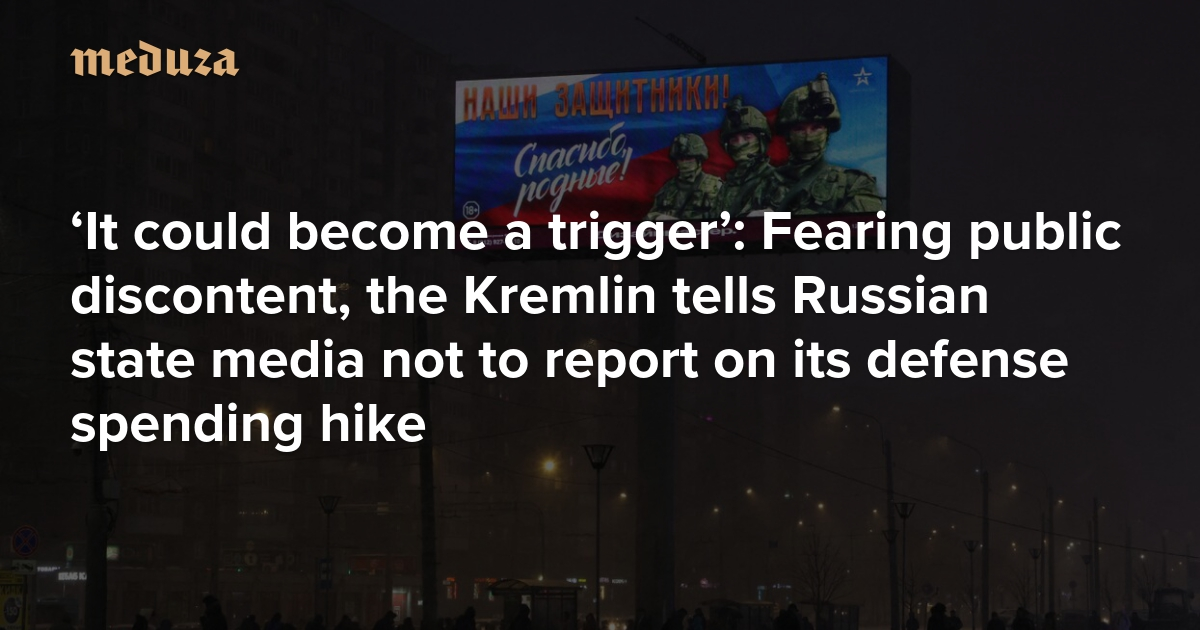
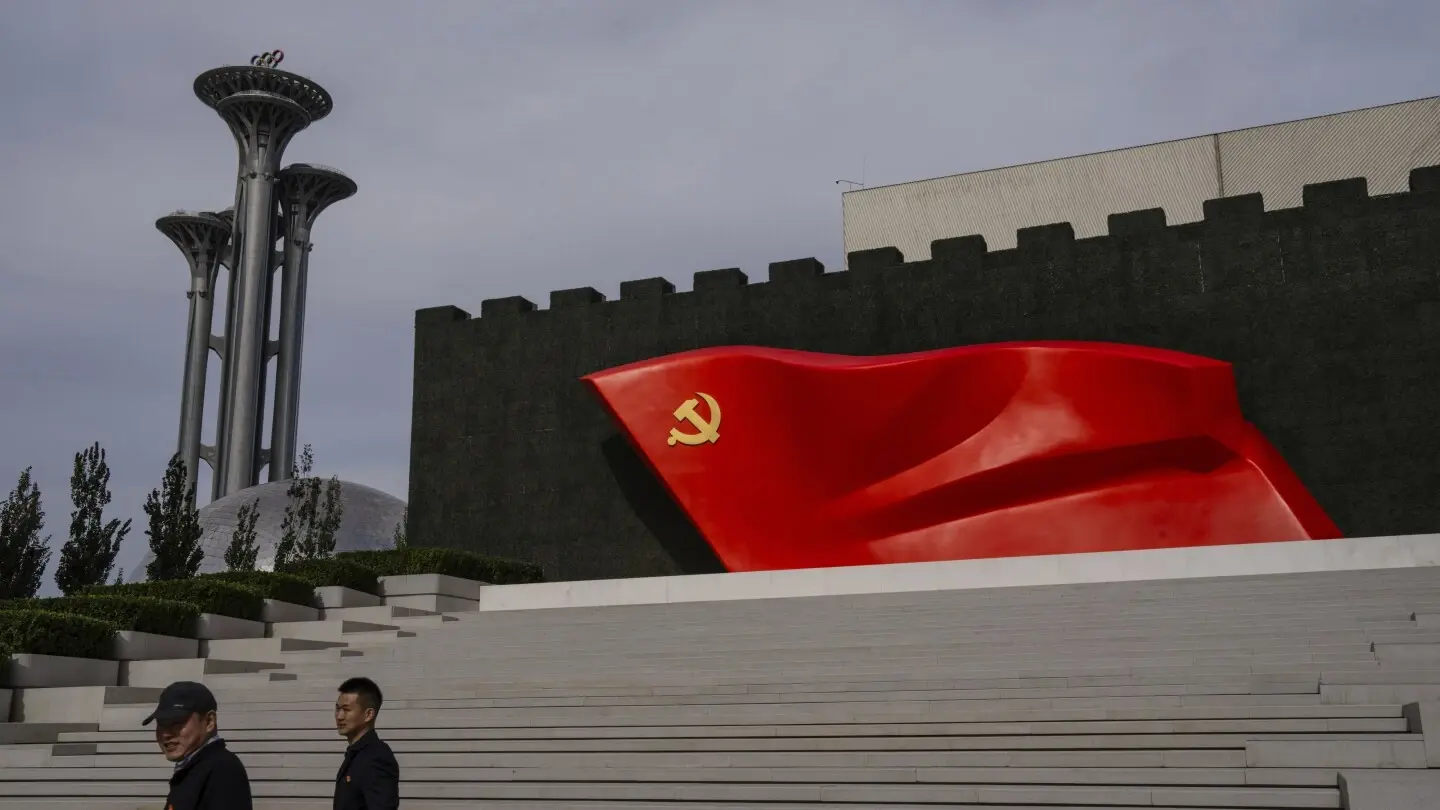

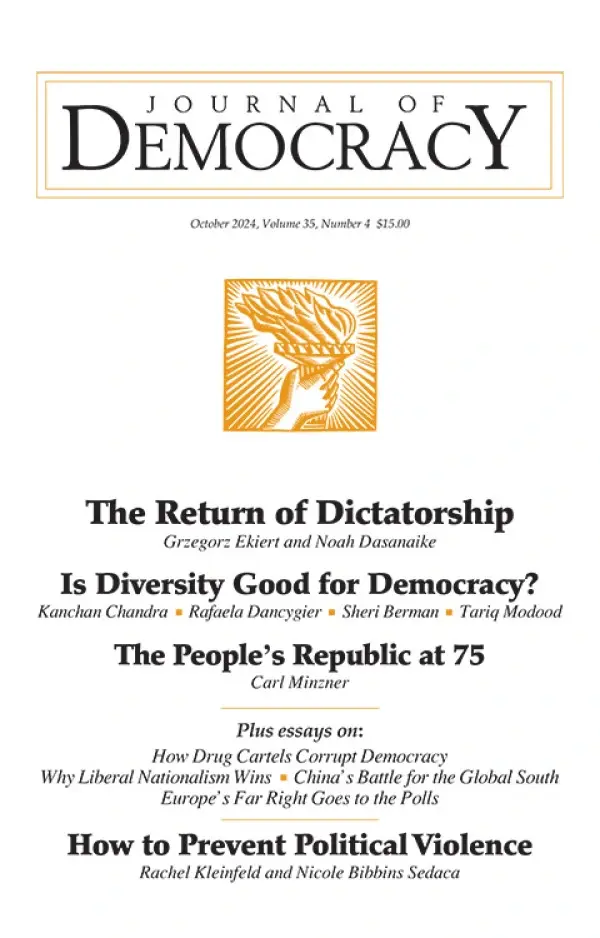

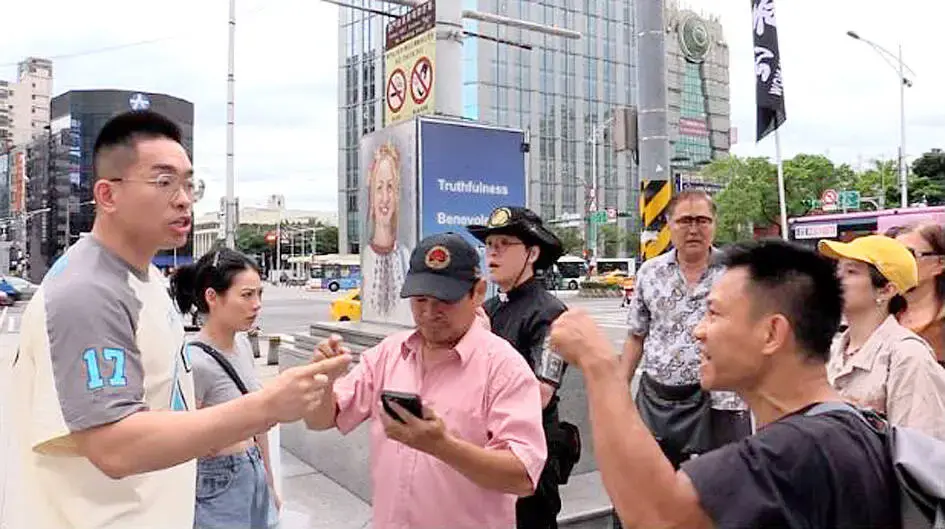
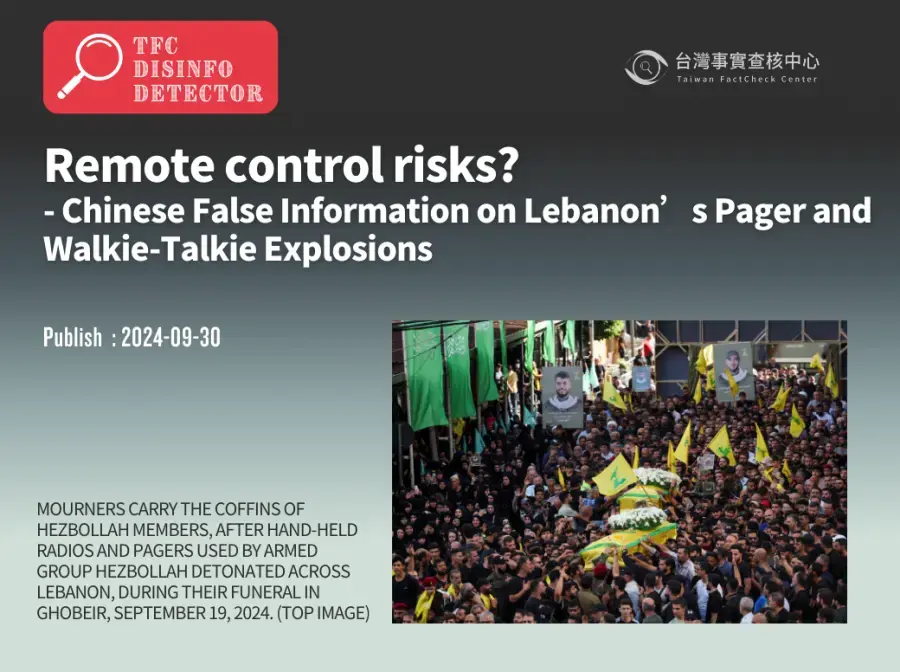
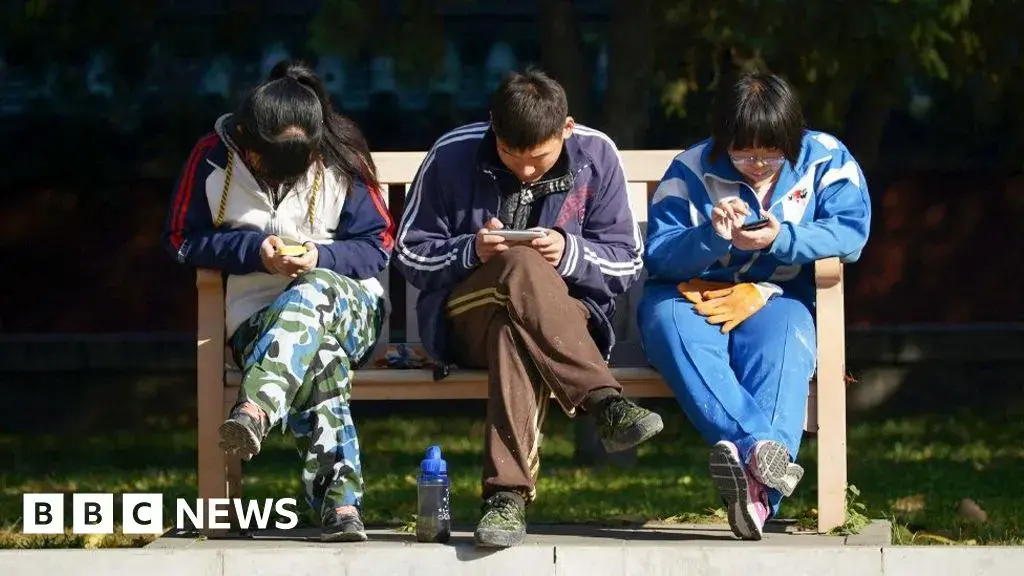


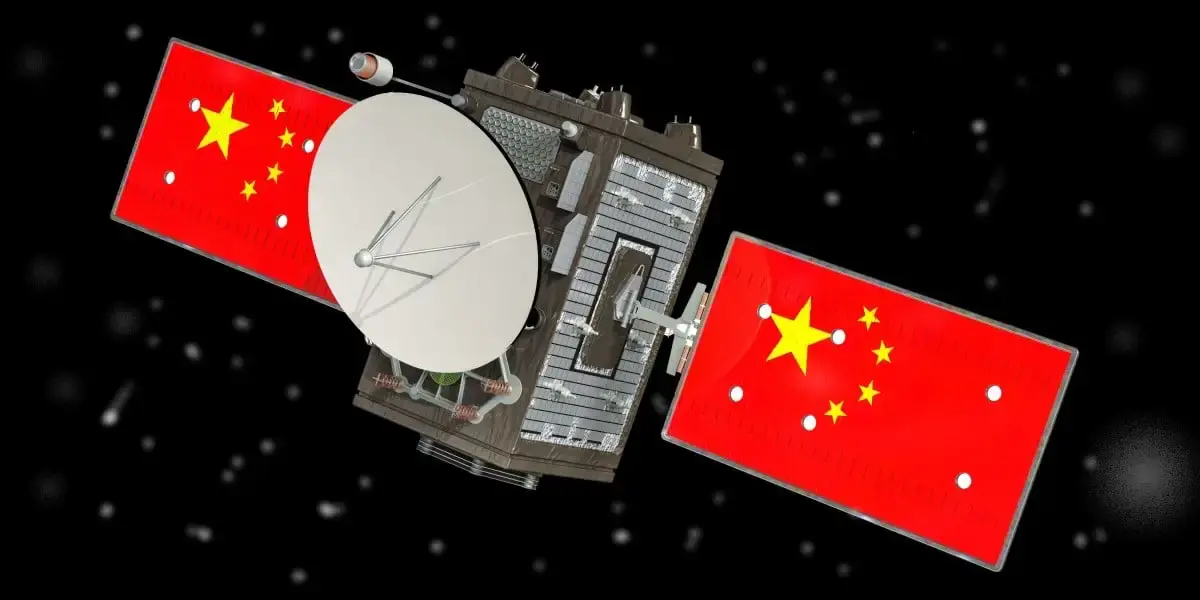
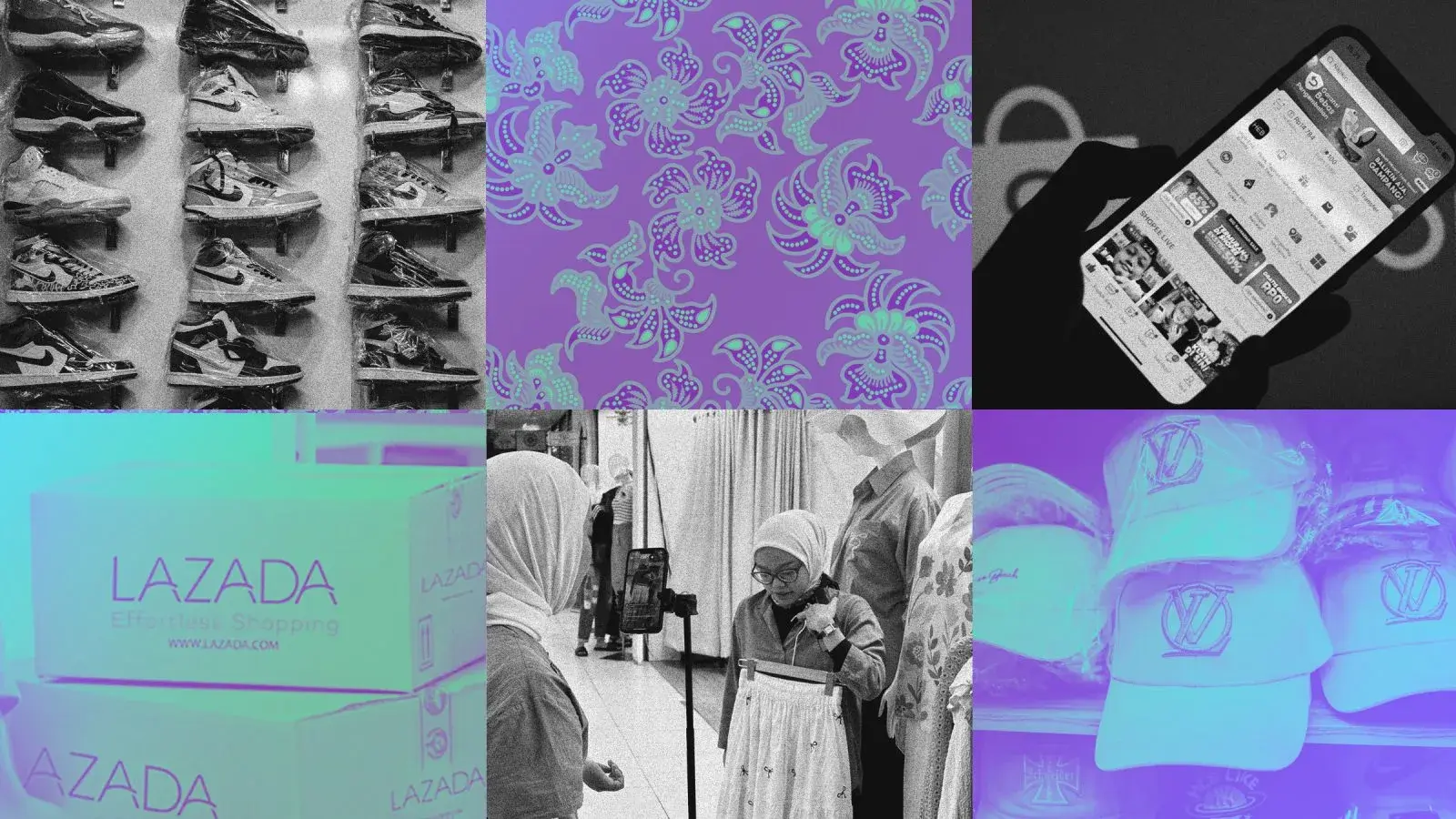
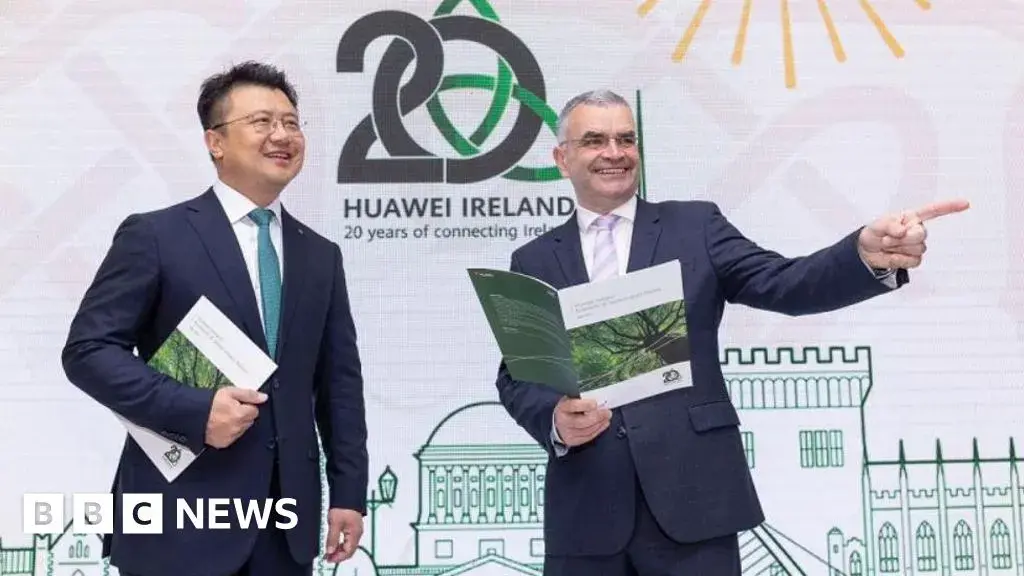
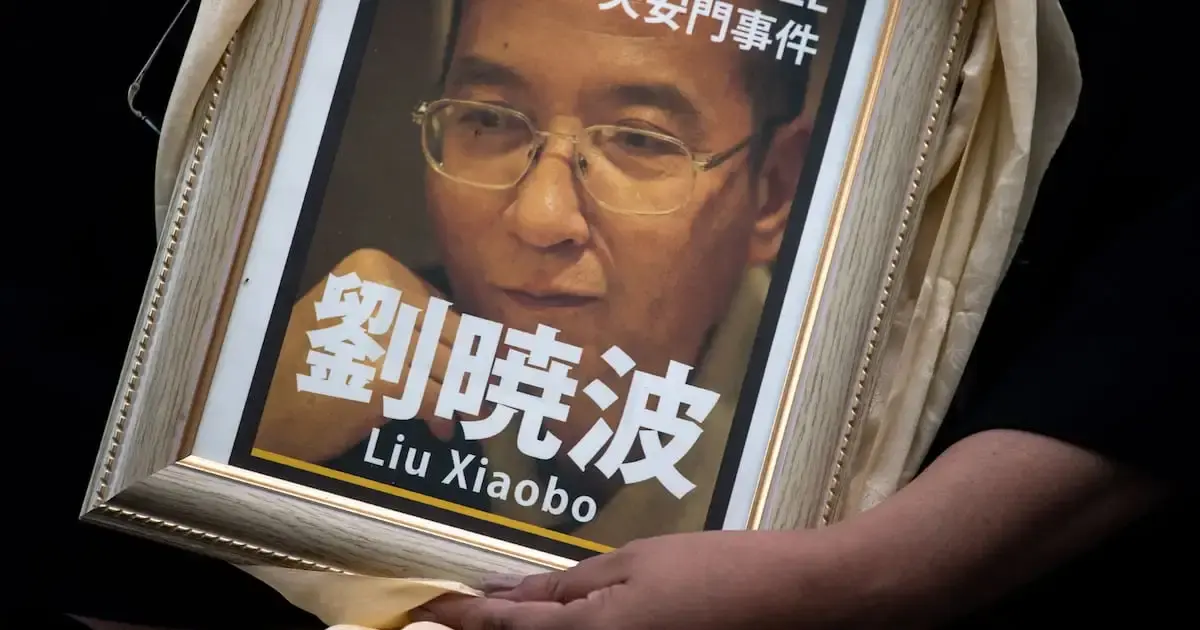


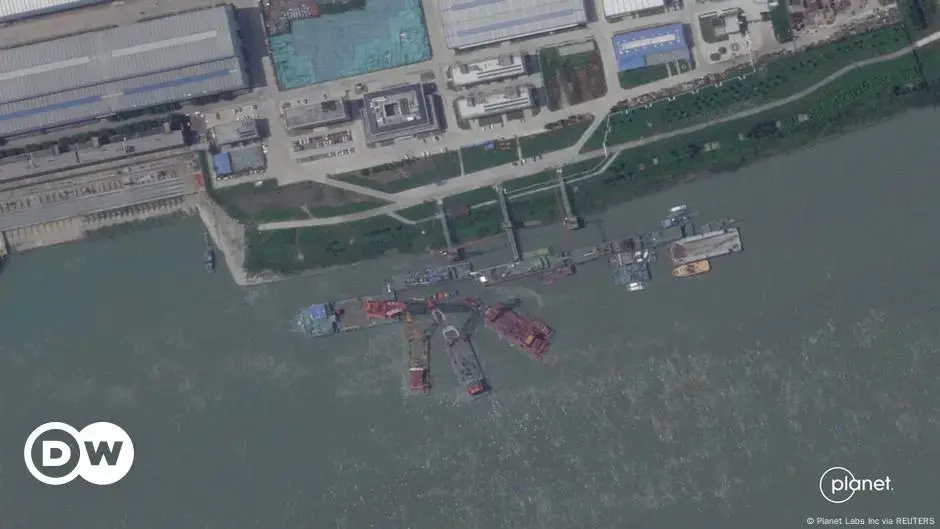
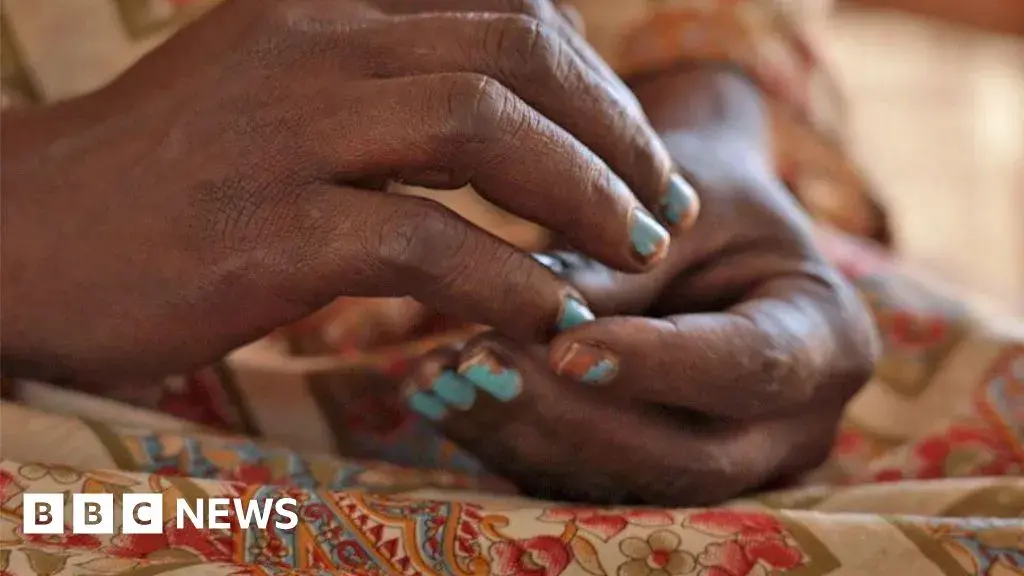
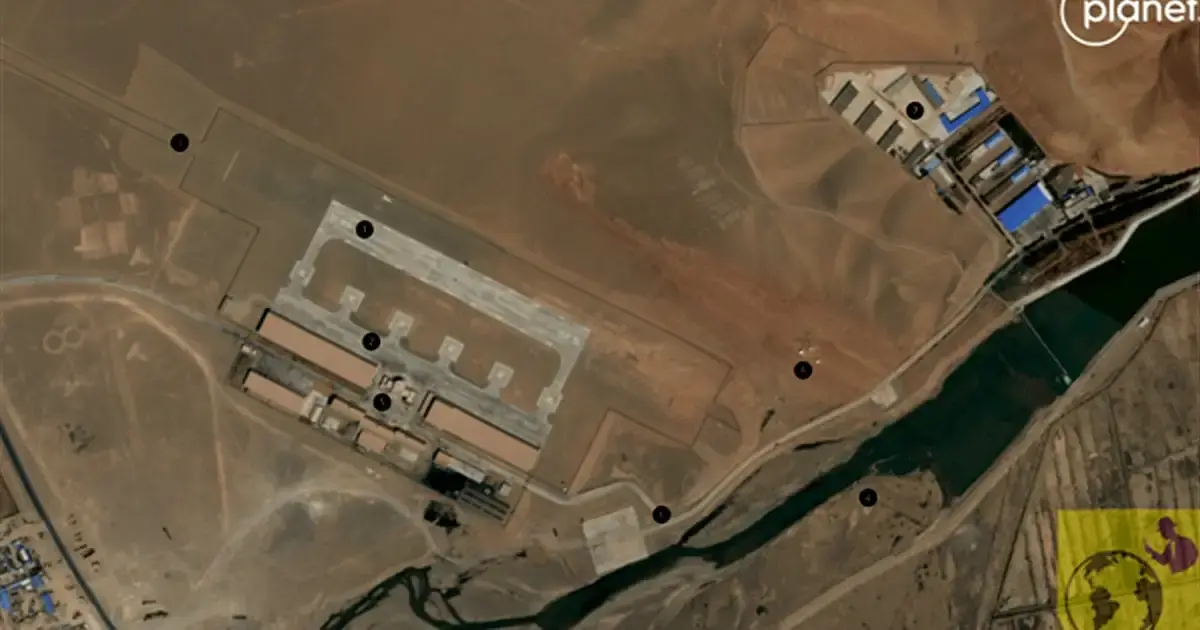
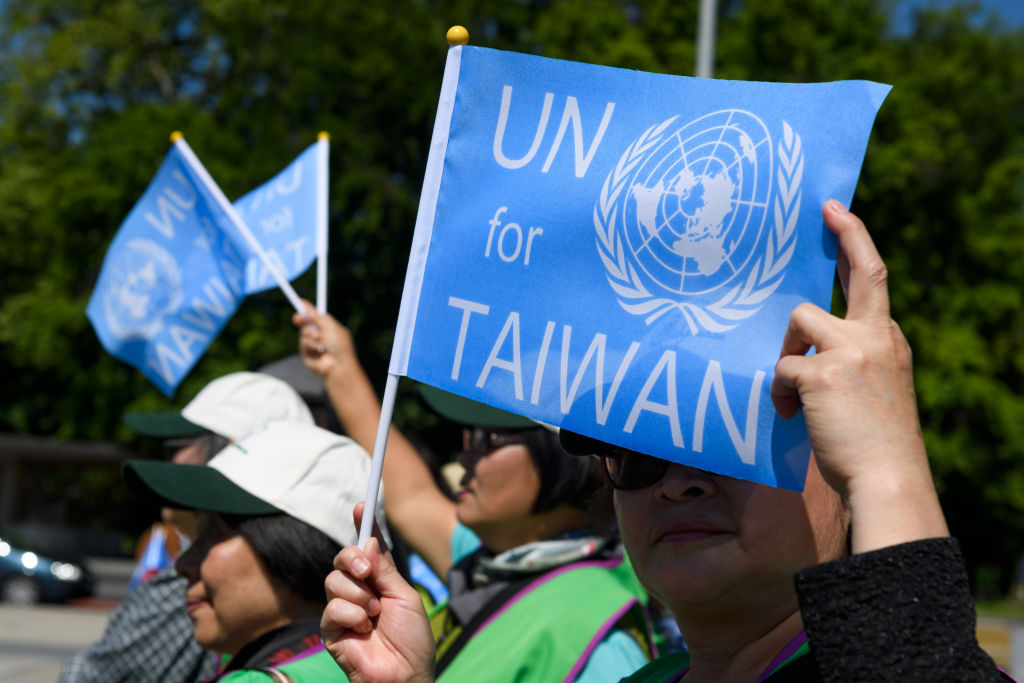
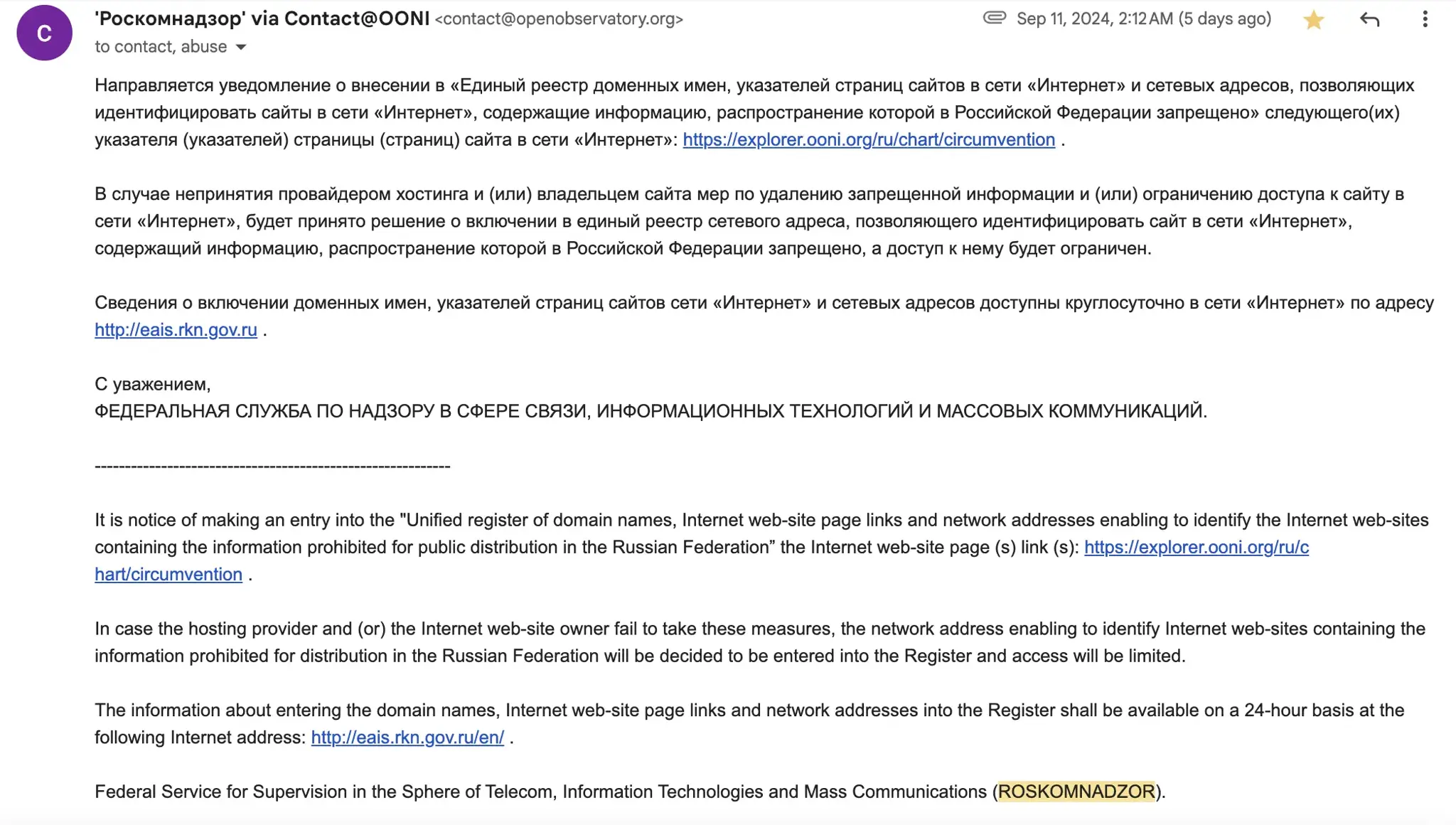

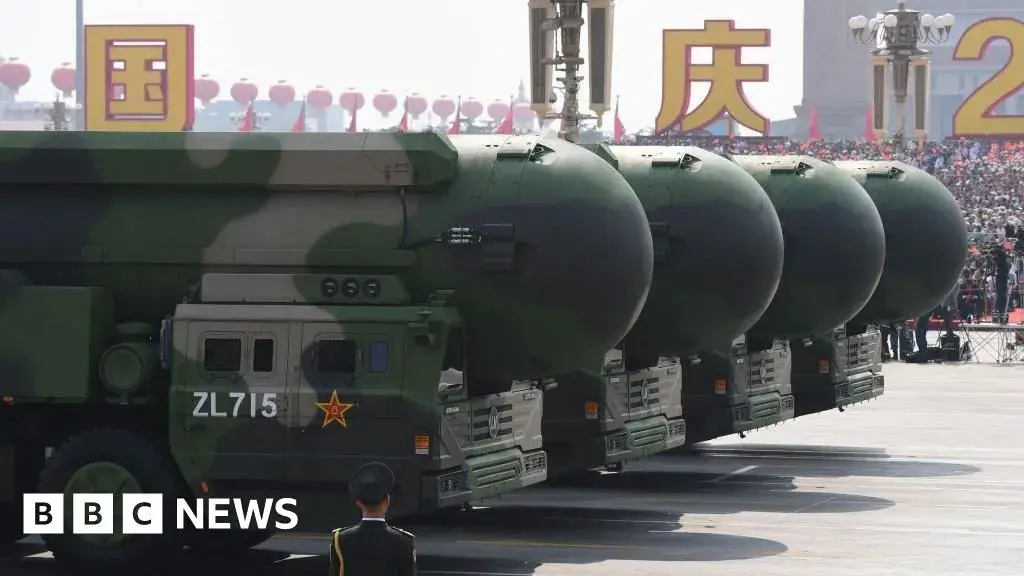
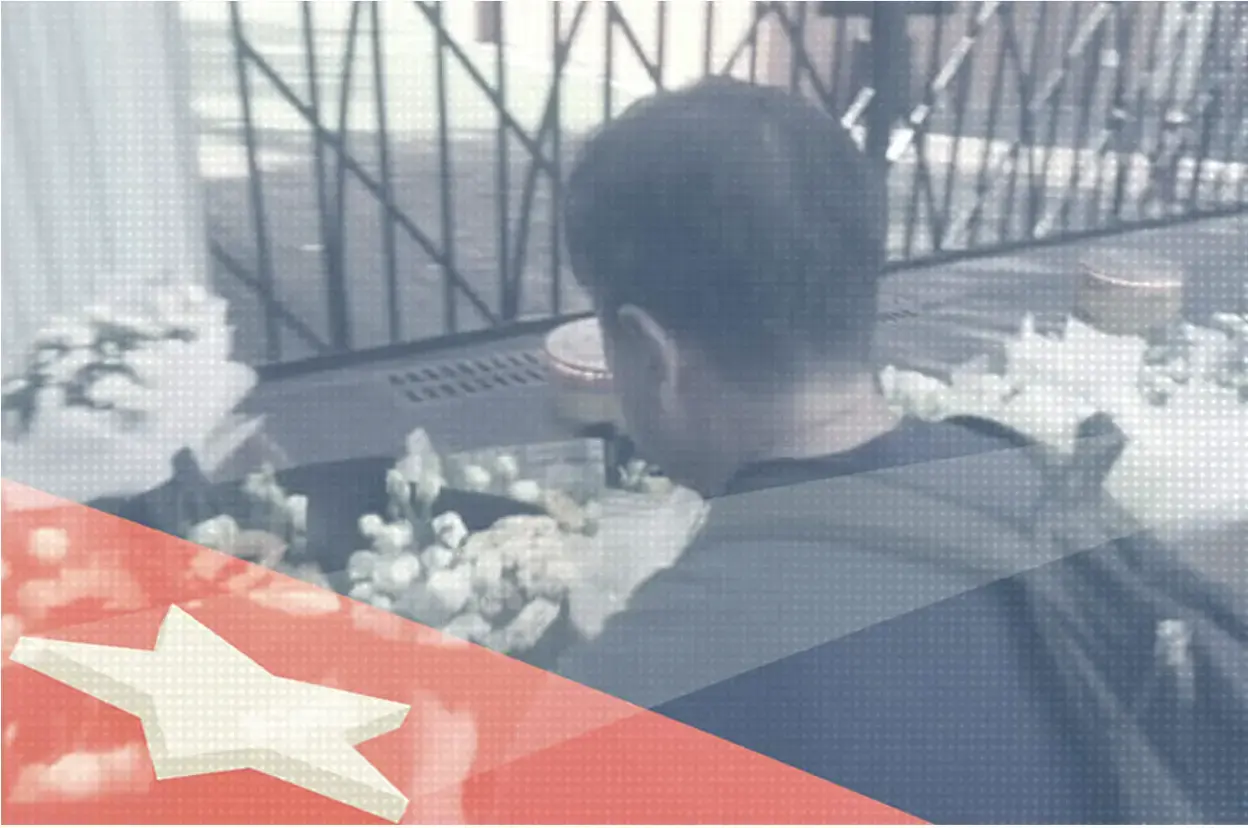



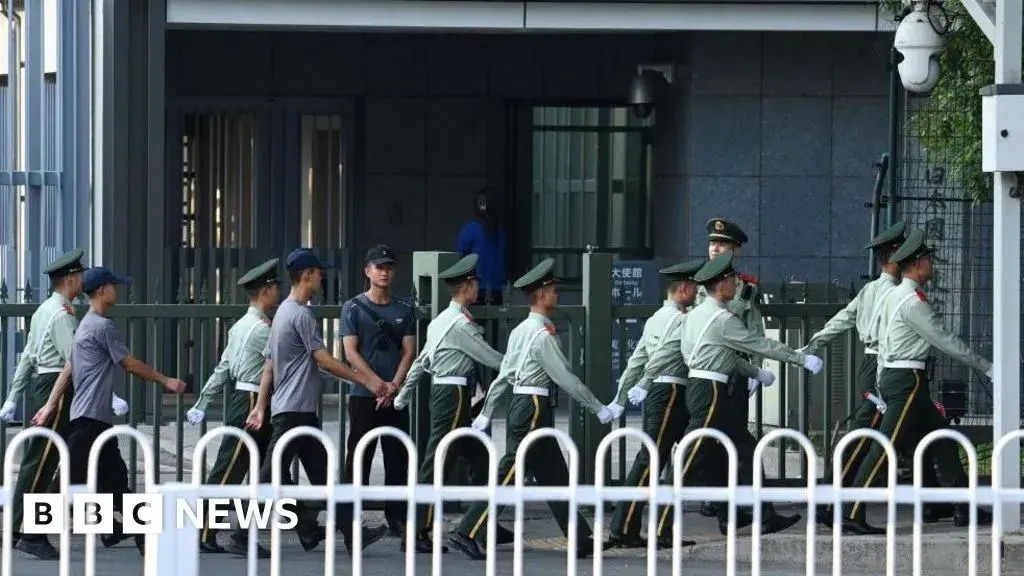
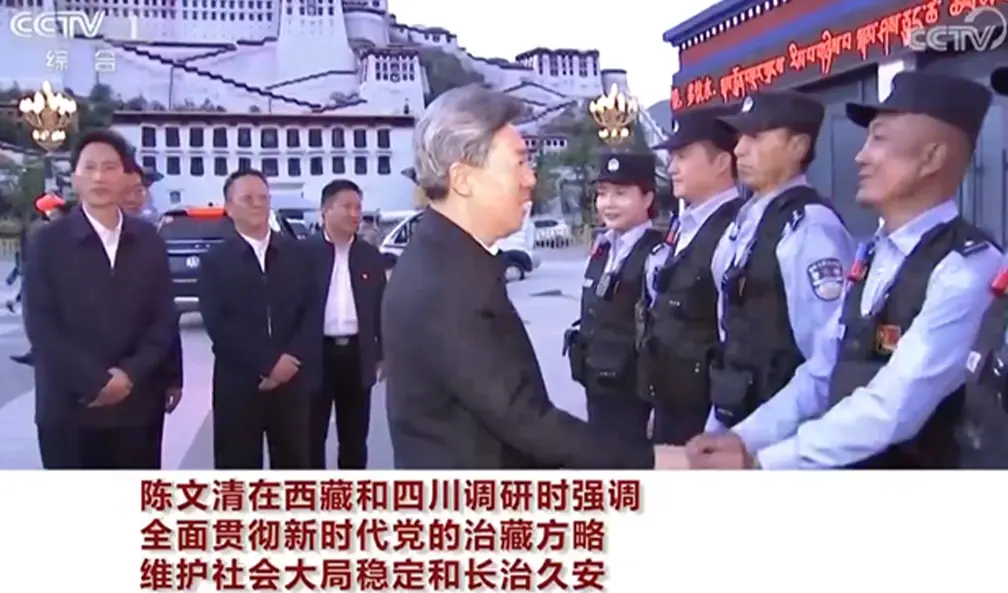


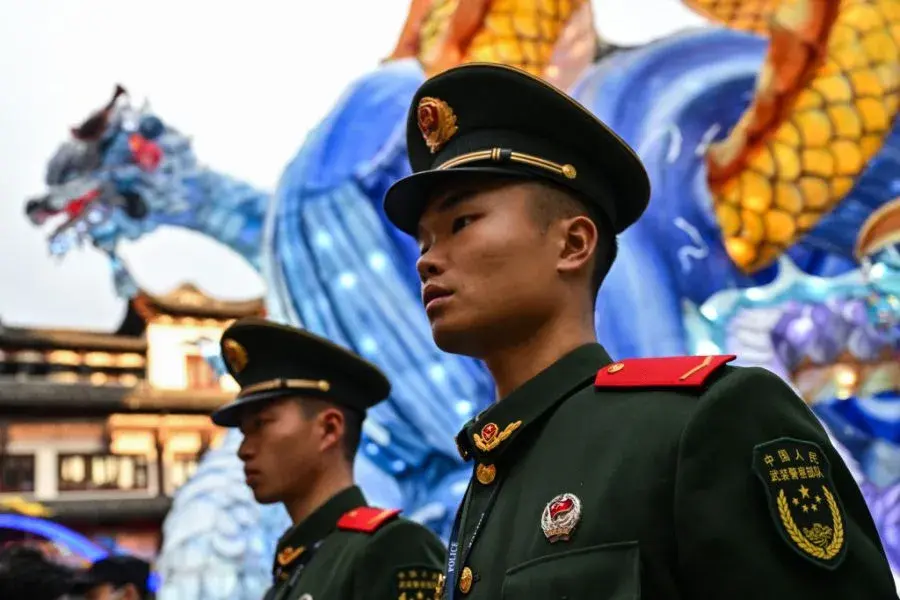


Read what Al Jazeera has been reporting on and you know the answer to your question.